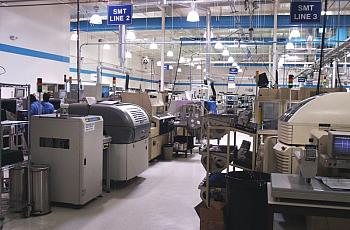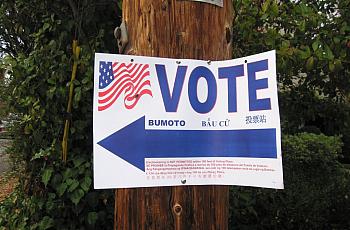

Articles

Some last words of wisdom as ReportingonHealth's deputy editor says goodbye.

Marjie Lundstrom's medical ethics scoop was a jaw-dropper: two California doctors had deliberately introduced bacteria into the open head wounds of three brain cancer patients. Here's what you can learn from her coverage of this unfolding scandal.

As Congress considers Medicare cuts during fiscal cliff negotiations, we review Trudy Lieberman's great tips for covering Medicare in your community.

We asked health journalists of all stripes to tell us what they're thankful for today. What are you thankful for?

As health reform gets underway, will employers still provide health insurance for workers or leave them to fend for themselves in the new insurance exchanges? We sort out the issues and offer resources for your work.

Procrastination time is over for states balking at making decisions on health insurance exchanges. Here's what you need to know.

We highlight the latest media coverage of what's likely to happen with health reform in the post-election landscape.

Now that we've all voted – right? – our attention is turning to how health reform and Medicare changes might be affected by the results of today's election.

We're savvier than ever about "pinkwashing," the practice of using breast cancer awareness messages to sell consumer goods. So are PR and marketing pros rethinking their addiction to pink? Not necessarily.

People don't stop getting sick or having babies even when a storm of biblical proportions threatens the entire East Coast. Our Storify examines what's happening and offers ideas for your work.
